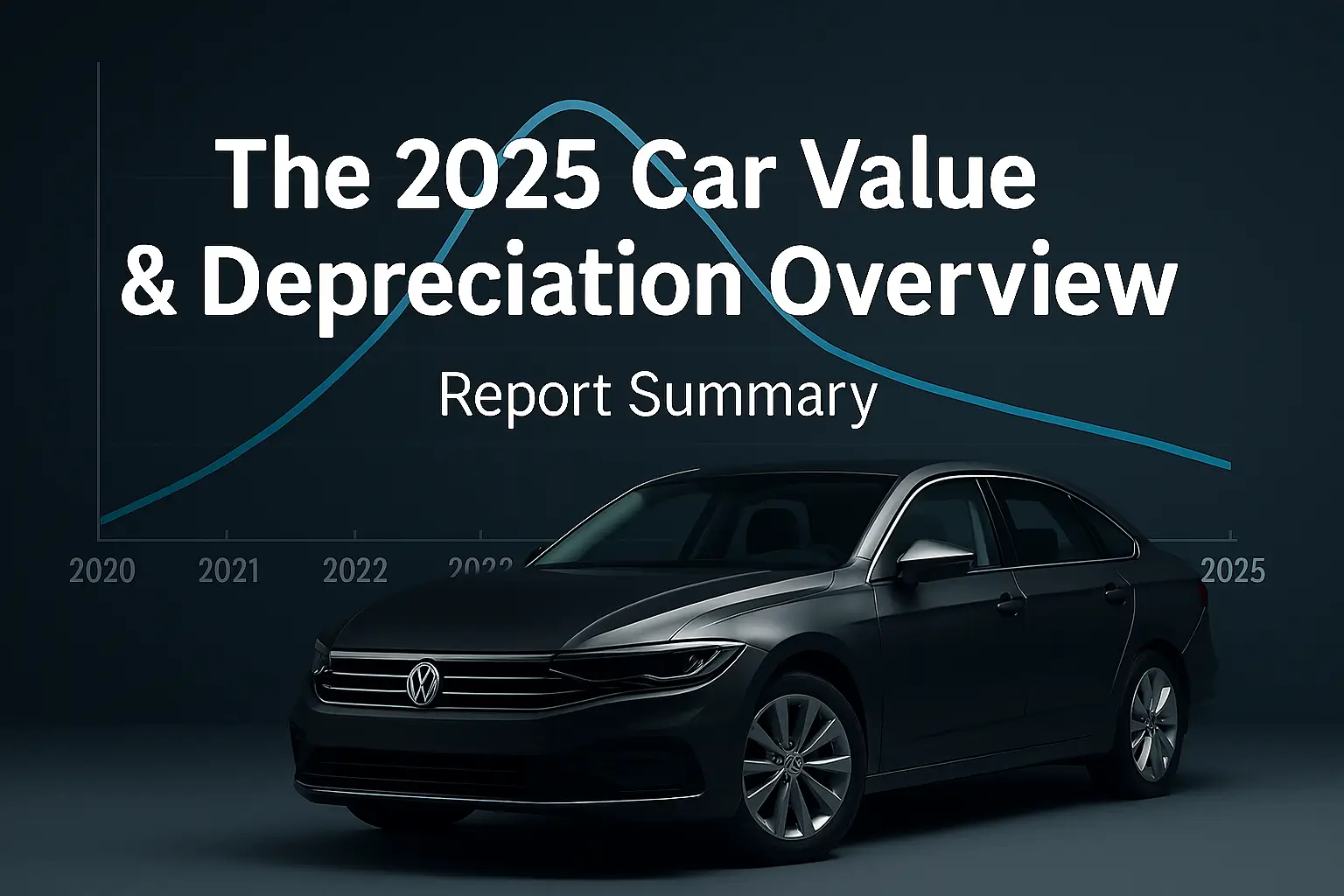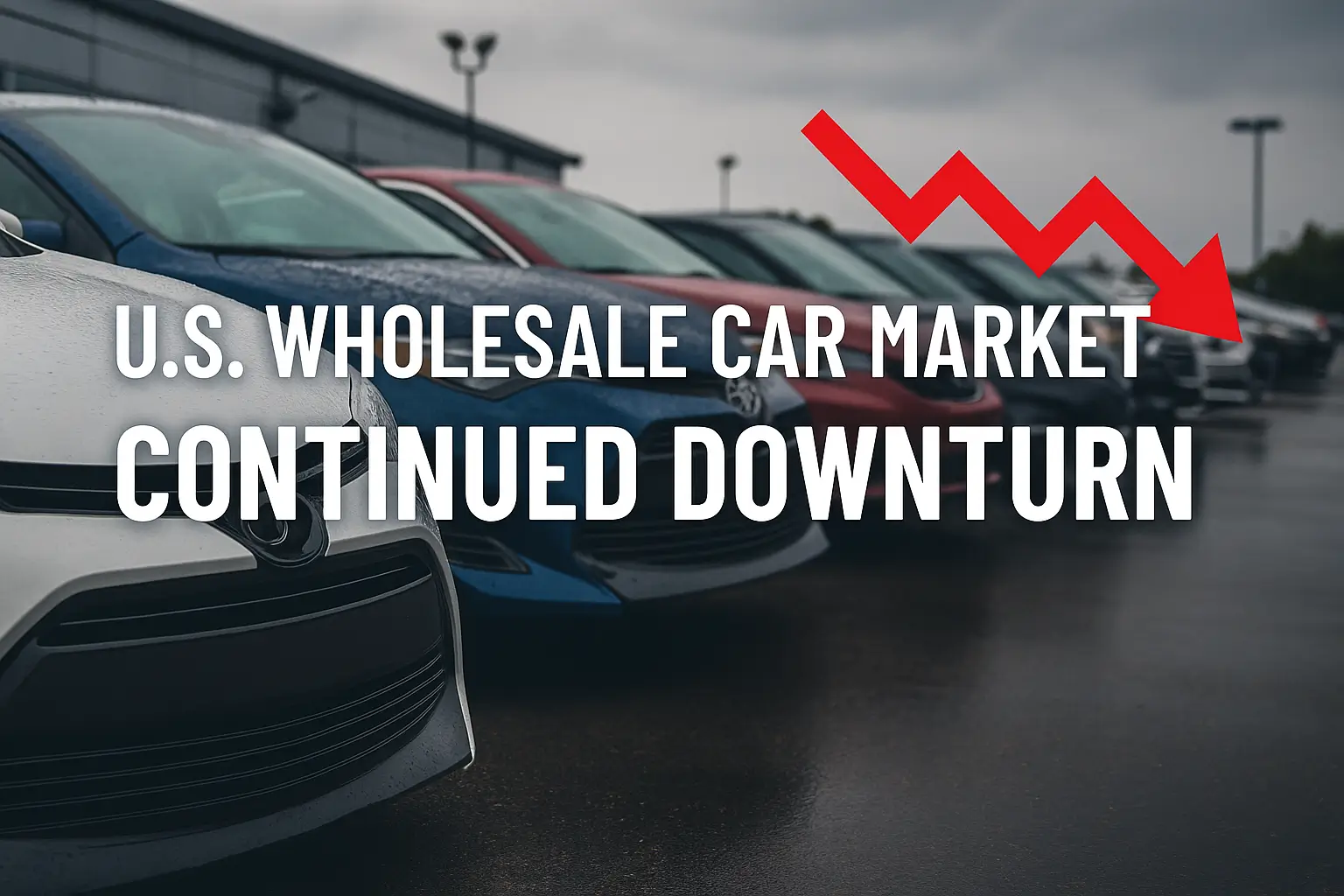Pre-Owned EVs and Tax Credits: Everything You Need to Know (PDF)
Navigating the world of pre-owned electric vehicle (EV) sales has become a source of anxiety for car dealers across the United States. They are urgently seeking guidance from the U.S. Treasury Department to clarify the intricacies of what counts toward the $25,000 sales price cap for the used-EV tax credit. This is a critical issue for both dealerships and prospective EV buyers, as it impacts their eligibility for significant financial incentives.
This issue revolves around the Inflation Reduction Act, a legislative initiative designed to encourage the adoption of electric vehicles by providing tax incentives to eligible buyers. Under this act, qualified purchasers can potentially benefit from a tax credit of up to $4,000 when acquiring eligible pre-owned electric vehicles, in accordance with Internal Revenue Code Section 25E.
To qualify for this tax credit, the chosen vehicle must meet specific criteria, including being at least two model years old and having a purchase price of $25,000 or less. Notably, these used electric vehicles enjoy more lenient regulations regarding battery sourcing compared to their new counterparts, which fall under the purview of Section 30D.
Pricing Ambiguity
In a notable development last December, the U.S. Treasury Department took a stride towards elucidating the pricing intricacies concerning new electric vehicles. Their directive brought a semblance of clarity by explicitly stipulating that the retail price encompasses the cost of “optional equipment physically integrated into the vehicle at the moment of delivery to the dealer.”
Nevertheless, there’s a perplexing twist: while they delineated these criteria for new EVs, the Treasury Department maintained a conspicuous silence on similar guidelines pertaining to the realm of pre-owned electric vehicles. This omission has sown the seeds of uncertainty, creating a conspicuous gap in comprehension that has left both dealers and prospective buyers grappling with unaddressed questions.
Navigating the Tax Credit Requirements
The used-EV tax credit, which can reach up to $4,000 or 30% of the vehicle’s price (whichever is lower), is subject to several requirements:
- Age of the Vehicle: Vehicles must be at least two model years older than the calendar year in which they are purchased.
- Sales Price Cap: The sales price of the vehicle cannot exceed $25,000.
- Purchase through a Dealership: Vehicles must be bought through a dealership.
- Personal Use: The purchase must be for personal use, not resale.
- Income Limits: The buyer’s annual income cannot exceed $75,000 for single filers, $112,500 for heads of household, or $150,000 for joint filers.
- Not the Original Owner: The buyer cannot be the original user of the vehicle.
- First Qualified Sale after August 16, 2022: It must be the vehicle’s first qualified sale to a qualified buyer since August 16, 2022, other than to the original owner.
Additionally, starting in 2024, the credit will be transferable to a dealer at the point of sale. Used EVs are exempt from certain requirements that apply to new EVs, such as North American final assembly or battery components and critical mineral sourcing requirements.
However, the credit can only be applied once in a vehicle’s lifetime, and once a buyer receives the credit, they are not eligible again for another three years. The credit is applicable to specific types of electric vehicles with a gross vehicle weight rating of less than 14,000 lbs and will expire after December 31, 2032.
Dealers’ Concerns and NADA’s Guidance
The National Automobile Dealers Association (NADA) has been offering guidance to franchised dealers regarding credit requirements. However, NADA acknowledges the complexities and uncertainties surrounding EV sales and eligibility for the tax credit. A spokesperson for NADA, Jared Allen, highlighted the importance of dealers determining whether a used vehicle credit may apply to their EVs for potential future sales.
The lack of clarity from the U.S. Treasury Department has created a sense of unease among dealerships. Tyler Slade, an operating partner at Tim Dahle Nissan Southtowne, expressed concern about making incorrect recommendations to customers due to the ambiguity surrounding the sales price calculation. Dealerships have taken precautionary measures, such as stockpiling affordable used Nissan Leafs that could potentially fall under the $25,000 cap but are hesitant to definitively inform customers about their eligibility.
The sentiment among dealerships is a desire for clearer government guidelines, which would instill confidence in both dealers and buyers. The need for precise information is especially crucial because any misinformation could have adverse consequences. The complex eligibility constraints of the new EV tax credit have compounded these anxieties, leading to what some dealers describe as a “trust concern.”
In this context, Volkswagen dealer John Luciano shared his experience of having just one used EV transaction that might fall under the $25,000 cap, illustrating how rare such cases are. To avoid potential issues, Luciano advised the customer to consult with a certified public accountant to determine if they qualify for the tax credit.
Similarly, Mike DeSilva, owner of Liberty Auto Group, highlighted the complexity of the used EV tax credit, emphasizing the uncertainty surrounding fees and eligibility requirements. He questioned whether dealerships might be held liable if a vehicle’s pre-owned history was discovered later, adding another layer of concern for dealerships and their customers.
Seeking Clarity for Confidence
As dealerships and buyers eagerly await further guidance from the U.S. Treasury Department, the need for clear and concise regulations surrounding the used EV tax credit has never been more apparent.
Clear guidance will not only facilitate smoother transactions but also boost confidence in the growing market for pre-owned electric vehicles.
Until then, dealerships will continue to navigate the intricate web of regulations, advising caution to their customers and hoping for much-needed clarity from the government.




